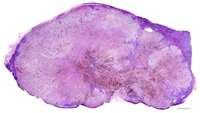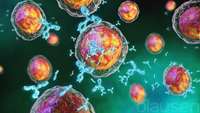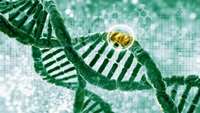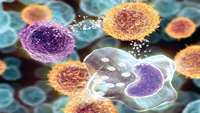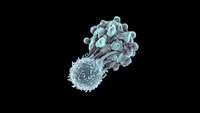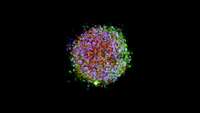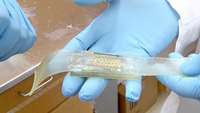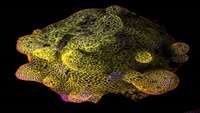Clinical responses to adoptive T-cell transfer can be modeled in an autologous immune-humanized mouse model
Immune checkpoint inhibitors and adoptive cell transfer (ACT) of autologous tumor-infiltrating T cells have shown durable responses in patients with melanoma.
Chimeric Antigen Receptor T-cell Therapies for Multiple Myeloma
Multiple myeloma (MM) is a nearly always incurable malignancy of plasma cells, so new approaches to treatment are needed. T-cell therapies are a promising approach for treating MM, with a mechanism of action different than those of standard MM treatments.
Correction of β-thalassemia mutant by base editor in human embryos
β-Thalassemia is a global health issue, caused by mutations in the HBB gene. Among these mutations, HBB −28 (A>G) mutations is one of the three most common mutations in China and Southeast Asia patients with β-thalassemia.
Cellular Immunotherapy for Septic Shock (CISS): A Phase I Clinical Trial
In septic animal models mesenchymal stem (stromal) cells (MSCs) modulate inflammation, enhance tissue repair and pathogen clearance, and reduce death.
Identification of essential genes for cancer immunotherapy
Somatic gene mutations can alter the vulnerability of cancer cells to T-cell-based immunotherapies. Here we perturbed genes in human melanoma cells to mimic loss-of-function mutations involved in resistance to these therapies, by using a genome-scale CRISPR–Cas9 library that consisted of around 123,000 single-guide RNAs, and profiled genes whose loss in tumour cells impaired the effector function of CD8+ T cells.
Top 10 stem cell clinic secrets kept from patients
Stem cell clinics are in the business of making profits above all else and to make steady money they need a strong flow of patients as their paying customers for their non-FDA approved offerings.
New mutations in iPS cells are mainly concentrated in non-transcriptional regions
Now, in research published in Cell Reports, a team from the RIKEN Preventive Medicine and Diagnosis Innovation Program (PMI) and other institutes has some potentially comforting news.
Cutting-edge immunotherapy treatment approved for another deadly cancer
The Food and Drug Administration approved a second version of a groundbreaking treatment Wednesday that genetically alters patients’ cells to attack cancer – this time, to fight aggressive non-Hodgkin lymphoma.
Smart bandage could promote better, faster healing
Researchers from the University of Nebraska-Lincoln, Harvard Medical School and MIT have designed a smart bandage that could eventually heal chronic wounds or battlefield injuries with every fiber of its being.
Use of CRISPR-modified human stem cell organoids to study the origin of mutational signatures in cancer
Human cancer genomes harbor cryptic mutational signatures that represent the cumulative effects of DNA damage and defects in DNA repair processes. Knowledge of how specific signatures originate could have a major impact on cancer diagnosis and prevention


